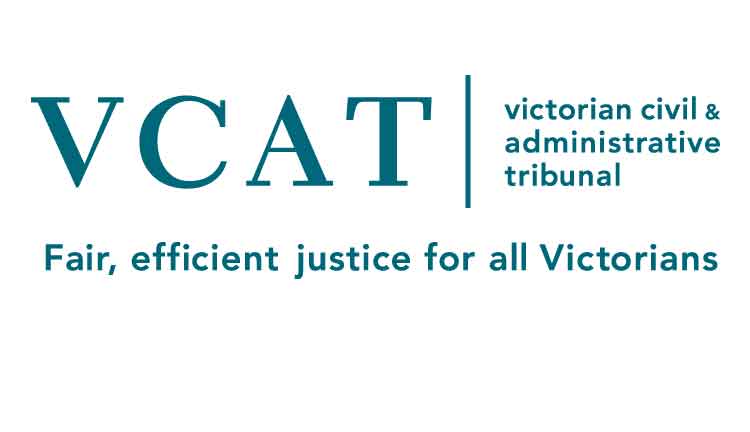Following last week's High Court decision in Burns v Corbett [2018] HCA 15 the Victorian Victorian Civil and Administrative Tribunal has lost its jurisdiction to hear and determine a dispute where one of the parties is resident of a State other than Victoria.
This will pose significant problems for VCAT particularly concerning its exclusive jurisdiction to hear and determine a “retail tenancy dispute” under the Retail Leases Act 2003 (2003 Act)[1]. Proceedings in the Tribunal where a party is not resident in Victoria will be affected by the decision. Because VCAT never had jurisdiction to hear and determine a matter where a party was not resident in Victoria, Burns is also likely to have consequences for proceedings that have been heard and determined where one party was not a resident of Victoria.
Where a party is not resident in Victoria, disputes under the 2003 Act will have to be heard and determined in a Victorian court, the Federal Court or an interstate court. Where a "retail tenancy dispute" is heard in a court, a significant issue will be whether the cost regime in the 2003 Act applies or whether the awarding of costs will be governed by court rules. Except in limited circumstances, s.92 of the 2003 Act requires each party to bear its own costs.
In Burns the High Court held that provisions of the Civil and Administrative Tribunal Act 2013 (NSW) were invalid to the extent that they purported to confer jurisdiction upon the Civil and Administrative Tribunal of New South Wales (NCAT) concerning matters between residents of different States.
Chapter III of the Australian Constitution includes ss75 to 77. Section 75(iv) provides that the High Court has original jurisdiction in all matters between residents of different States. Section 76 enables the Commonwealth Parliament to confer additional original jurisdiction on the High Court. Except for the High Court, s.77 permits Parliament to defines the jurisdiction of any federal court including defining the extent to which the jurisdiction of any federal court is exclusive of the jurisdiction of a State court, and gives State courts federal jurisdiction. Section 39 of the Judiciary Act 1903 invests State courts with federal jurisdiction subject to certain conditions and restrictions.
In Burns, Mr Burns complained to the Anti-Discrimination Board of New South Wales about statements made by Ms Corbett and Mr Gaynor which he alleged vilified homosexuals contrary to the Anti-Discrimination Act 1977 (NSW)). Mr Burns was a resident of New South Wales, Ms Corbett was a resident of Victoria and Mr Gaynor was a resident of Queensland.
The complaint against Ms Corbett was referred to the Administrative Decisions Tribunal of New South Wales (predecessor to NCAT) which found that Ms Corbett had breached the Act and ordered her to make an apology. Ms Corbett refused to apologise and Mr Burns commenced a proceeding in the Supreme Court charging Ms Corbett with contempt. Ms Corbett contended that neither the ADT nor NCAT had jurisdiction because she was a resident of Victoria. The complaint against Mr Gaynor was dismissed by NCAT. However, Mr Gaynor obtained leave to appeal to the Court of Appeal in respect of an interlocutory costs order on the basis that NCAT had no jurisdiction to determine matters concerning residents of a State other than New South Wales.
The New South Wales Court of Appeal determined the jurisdiction disputes. The Court had to decide whether NCAT could hear and determine a dispute arising under the Act between a resident of New South Wales and a resident of another State. It was common ground that in determining Mr Burns' complaints, NCAT was exercising the judicial power of the State despite it not being a "court of a State" within the meaning of Chapter III. The Court held that NCAT had no jurisdiction to hear and determine the complaints against Ms Corbett or Mr Gaynor.
The High Court unanimously dismissed the appeals with a majority deciding that Chapter III permitted adjudicative authority concerning the matters in ss 75 and 76 to be exercised only by a State court. Chapter III would be undermined were a State Parliament able to confer adjudicative authority concerning any of the matters referred to in ss 75 and 76 on a State tribunal that was not a State court.
Parties to current litigation in VCAT need to consider whether the proceeding can continue in the Tribunal.
See s.89(4) of the Retail Leases Act 2003.
The original blog post can be found here:


